Common Courses
It's amazing, because you learn by integrating disciplines and people! It's fun!
The School of Regional Design offers a variety of mechanisms for learning by integrating diverse fields.
The common courses are one of these mechanisms. All of the students from all three departments comprehensively study the basics of regional design and their applications.
It goes without saying that active learning has been introduced in all subjects.
Students are divided into small, interdisciplinary groups including members from all three departments, where they build up their communication and leadership skills while cultivating their overall abilities through discussions, fieldwork and presentations.
Let us give rise to new forces for regional design in these common courses that integrate both students and faculty from all departments.
1st Year Students
Regional Communication Seminar
This seminar teaches the communication skills necessary to coordinate with people from diverse regions and specializations.
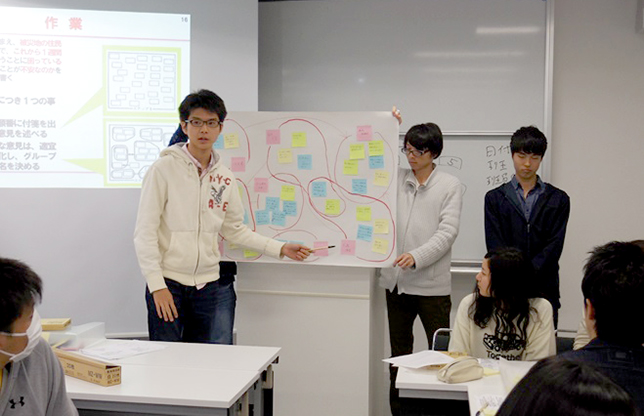
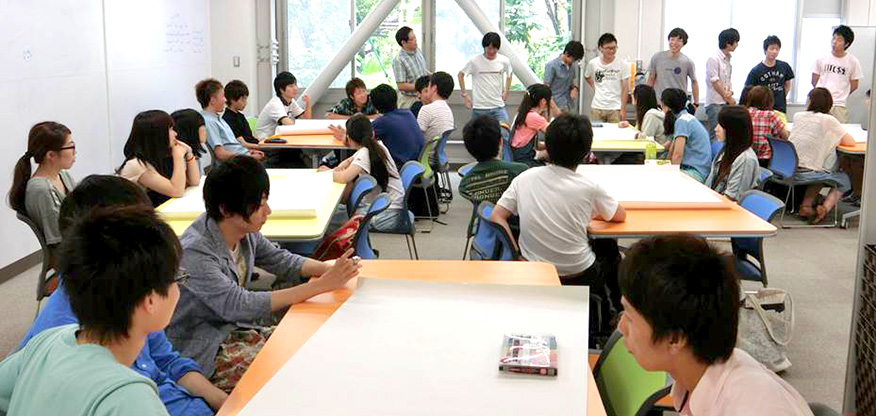
The Appearance and Issues of Local Regions Ⅰ
This introductory course invites people actually involved in the topics as guests in order for students to understand the current situation and issues facing regions from a broad perspective. Students will exchange opinions directly and on a group basis with a variety of stakeholders in local communities, including mayors and local government officials, construction companies, service providers, companies working in agriculture, forestry and fisheries, and social welfare and environmental NPOs/NGOs.
Introduction to the Study of Regional Design A, B, C
This course introduces, explains and holds discussions on the specialized fields of community design, construction and urban design, and social infrastructure design in a way that is easy to understand.
Introduction A: Fundamentals of Analyzing Local Communities and Social Systems
Introduction B: Techniques for making buildings, cities and regions as living environments
Introduction C: Social infrastructure development to make the social environment safe and prosperous
Regional Design Visits
Each department will visit a regional design site to directly experience engineering techniques and social initiatives, and interact with practitioners.
Afterwards, the students will make poster presentations in mixed groups from the three departments about the areas they visited.
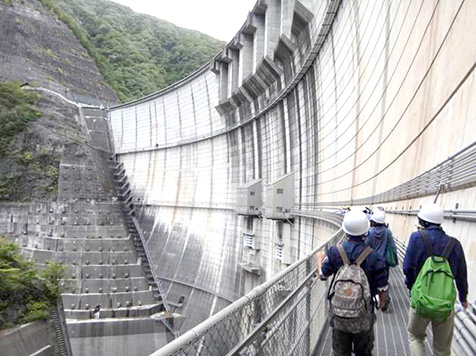
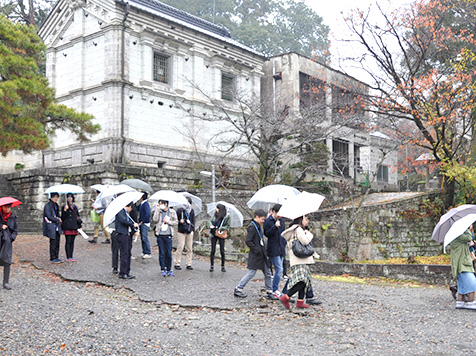
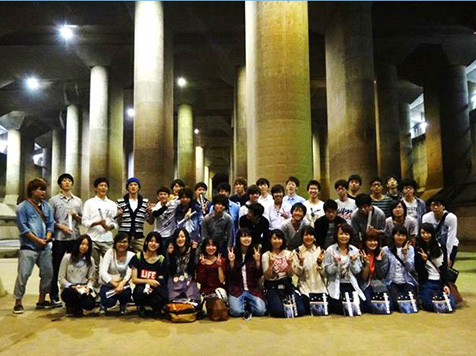
2nd Year Students
GIS Seminar
A seminar in which regional issues are analyzed using GIS (Geographic Information System) and remote sensing data.
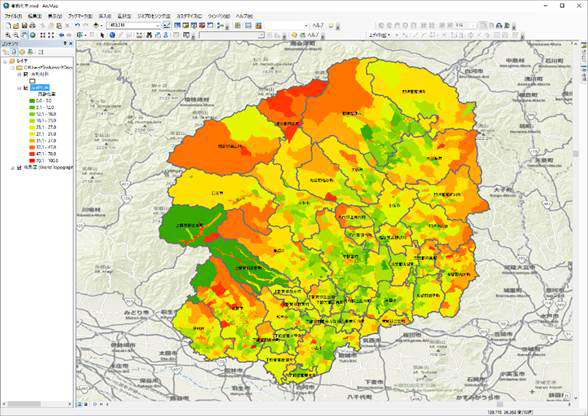
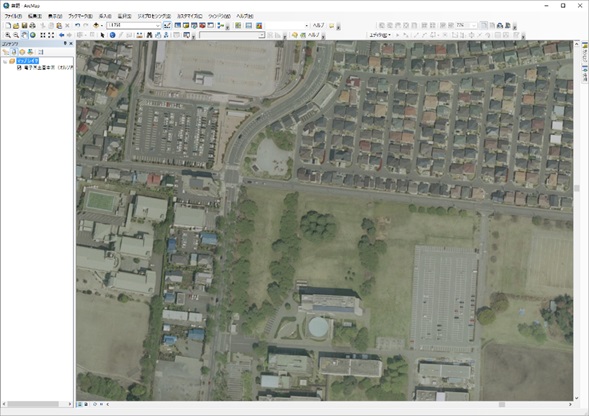
3rd Year Students
Community-Based Learning
This is the final stage in the development of design skills, where students will use what they have learned up to that point to tackle a variety of actual regional problems.
Mixed groups with students from all three departments go out to various regions to conduct surveys and analyses and propose solutions by mobilizing the collective strengths of all three disciplines.
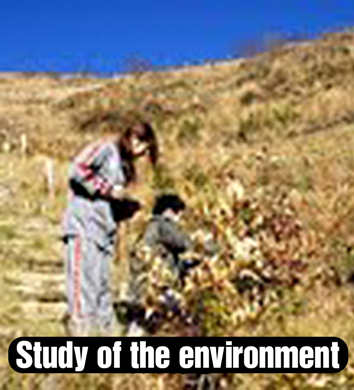
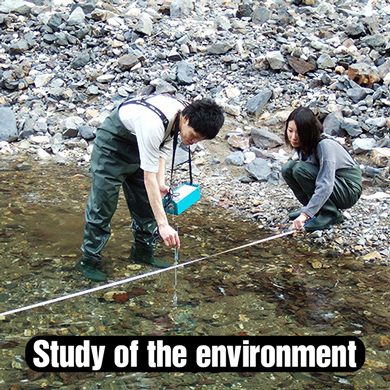
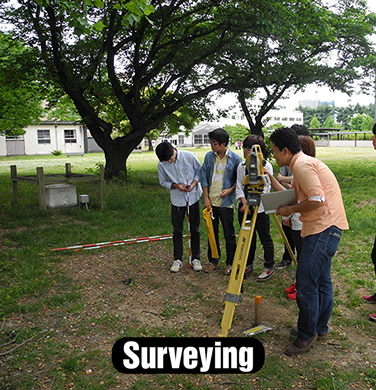
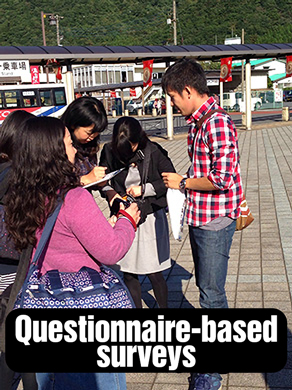
Workshop Seminar
Understand and acquire practical skills in facilitation, workshops, role-playing, and other methods necessary to promote problem solving and consensus building.
Appearance and Issues of Local Regions Ⅱ
This is an omnibus course on the latest technologies that aims for a more specialized level of learning than the “Appearance and Issues of Local RegionsⅠ” course.
There will be interaction with local practitioners and technicians as needed.
Regional Design Ethics
In this course, students in cross-departmental mixed groups will discuss and present specific cases in which ethical principles are challenged in real-world sites where regional design is carried out amidst advanced technology, huge organizations, and complex interest structures.
Students’ Voices (Regional Communication Seminar)
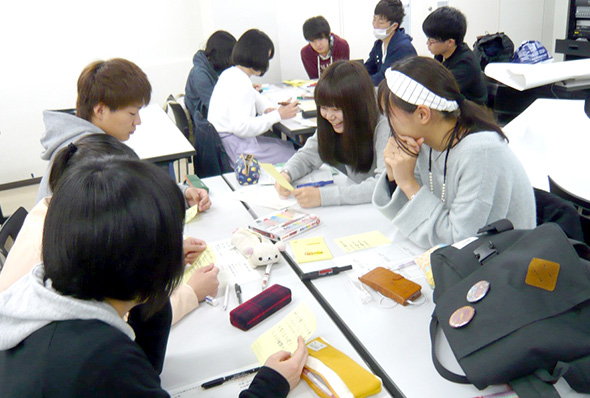
“It was hard for me to come up with ideas by myself, but when I discussed ideas in a group, I was able to come up with new ideas or expand on someone else's opinion.
As I continued speaking about whatever came to mind, others around me also came up with good ideas.”
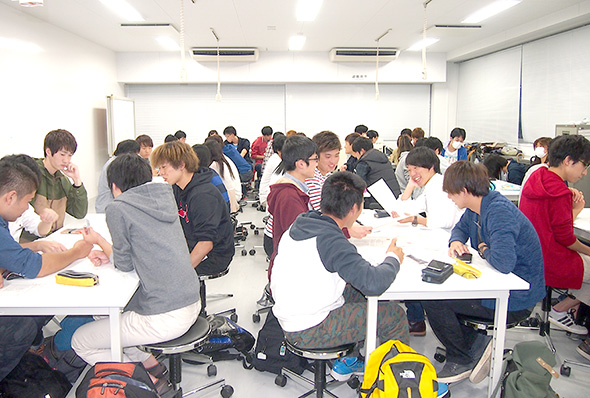
“I've always struggled with conversation. Even if I talked to someone, the conversations would end quickly, and I couldn't expand my network of relationships with people.
However, when I tried to hold a conversation while keeping in mind the points of small talk that we learned in class today, I was surprised to see how quickly the three minutes flew by.
I also learned that if I concentrated and listened to what other people said, I could find many other topics to talk about. This taught me the importance of listening as well as speaking.”
